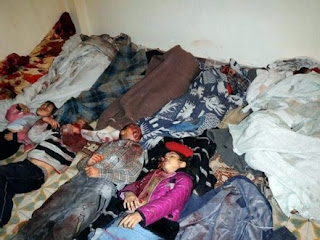
New York Lawyers for the Obama administration were set to the test by a U.S. judge on Thursday to give facts why civilian activists and reporters should not fear being in custody under a novel anti-terrorism rule. Government lawyers argued in national court in New York that the plaintiffs did not have standing to challenge the National Defense Authorization Act's Homeland Battlefield supplies signed into law by President Barack Obama. The lawsuit, filed in January, cited Obama's report of his serious reservations with sure supplies that control the detention, interrogation, and prosecution of supposed terrorists when he signed the act. Torrance said the plaintiffs were taking phrases out of context and that the law specially applied to those found to have ties to al Qaeda and the Taliban.



